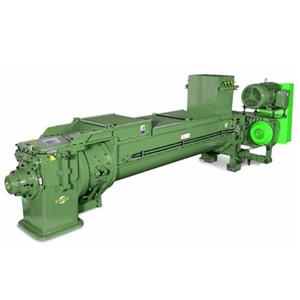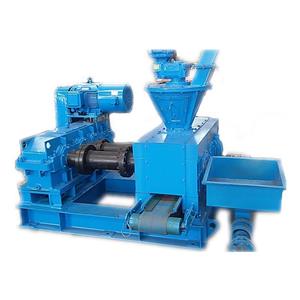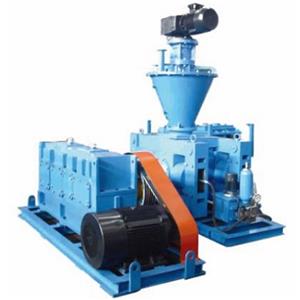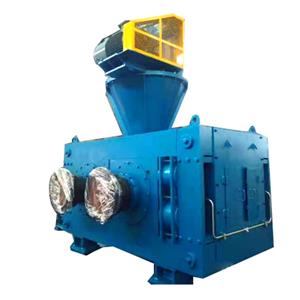Recycling of Coke Powder
It is reported that the glass and ceramic industries are currently high energy consumption industries, with fuel costs accounting for 35%-50% of the production costs. The production costs remain high, causing a heavy burden on the production of enterprises. According to the 2014 annual output data survey, more than 1,000 ceramic production enterprises and more than 3,000 ceramic production lines all use water gas and natural gas as the main production energy. However, the high pollution of water gas and the high price of natural gas are all difficult problems that perplex the development of enterprises. Therefore, finding alternative production energy has become a topic of concern to the whole ceramic industry.
At this time, coke powder, and industrial waste, came into everyone's sight. Coke powder is the powder produced in the process of coke production. Metallurgical and chemical enterprises produce a large amount of coke powder every year, which will have adverse effects on the quality of products, and waste coke powder will also cause pollution to the environment.
At present, the environmental crisis and ball energy crisis is intensifying, and the recycling of coke powder has begun to attract attention. If waste coke powder can be recycled, it can not only reduce costs but also realize energy conservation and emission reduction and protect the environment. Therefore, the recycling of coke powder is of great significance to high energy consumption enterprises such as the coking industry, glass ceramics, and even to society.
It is reported that the industrial uses of coke powder are mainly to produce syngas, prepare activated carbon, blend coking coal to produce coke, and use it as fuel. In order to improve the benefits of enterprises and reduce the environmental pollution caused by waste coke powder, many enterprises have tried to use coke powder in industrial production.
At present, petroleum coke powder (or petroleum coke ground into powder by the mill) is widely used as fuel instead of heavy oil. According to the current market price, petroleum coke powder is 2300 yuan/ton, heavy oil is 4800 yuan/ton, and a ton of heavy oil is equivalent to the heat generated by 1.2 tons of petroleum coke powder. Under the condition of similar heat generated, the cost of using heavy oil as fuel is much higher than that of petroleum coke powder. Petroleum coke powder as fuel can save a lot of fuel costs for enterprises, and its economic benefits are very objective.
However, with the continuous progress of technology, some properties of coke powder have been tapped and its application is expected to continue to expand. Take coal-based coke powder as an example. Researchers found that nano-carbon materials prepared from coal-based coke powder have stable charge-discharge performance and are potential electrical materials. The research results show that coal-based coke powder is an ideal carbon source for preparing lithium-ion battery cation materials. Using coke powder to prepare lithium-ion battery cation materials may achieve the purpose of "environmental protection, resource conservation and enterprise growth", which is a way to realize high value-added utilization of coke powder.
It can be seen that the recycling of coke powder still has certain development potential. I attach great importance to the recycling of renewable resources and wastes. In the future, I hope more application ways will be developed. The development prospect of coke powder recycling is worth looking forward to.




